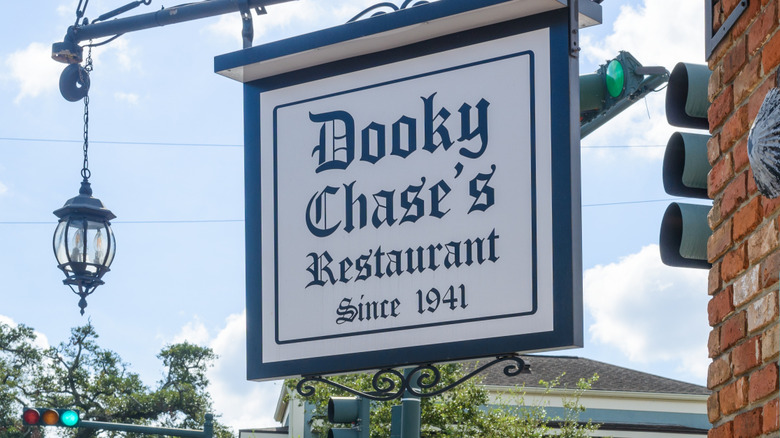Disney’s “The Princess and the Frog” (2009) follows the inspirational story of Tiana, a chef who works hard to make her dreams of opening a restaurant come true. Wielding platefuls of her homemade Mardi-Gras beignets and cooking up gumbo for her loved ones, this New Orleans, Louisiana-based Disney Princess has a story that feels authentic and relatable. While this movie is full of fantastical Disney charm, Princess Tiana’s character was inspired by a real woman dubbed the “Queen of Creole Cuisine.”
Leah Chase was the executive chef behind Dooky Chase’s restaurant in New Orleans throughout the 1940s and onward. She received the 2016 James Beard Lifetime Achievement Award, and her role during the Civil Rights movement has been celebrated on display at the National Museum of African American History and Culture. All of these accomplishments helped to define her as the blueprint for Tiana in the “The Princess and the Frog” film.
Before we dive all the way into Chase’s remarkable life story, let’s take a second to zoom out and look at how, exactly, the plot and main character of “The Princess and the Frog” intertwine with this real, boundary-defying Southern chef. As a Black woman growing up in the mid-20th century, Chase experienced a difficult childhood. She lived through the Great Depression by working various low-wage jobs, including one rather similar to where Tiana’s story begins: a waitress in the French Quarter. Another similarity between them is that Chase, too, married a jazz trumpeter.
Leah Chase and her husband, Edgar “Dooky” Chase Jr., transformed Dooky Chase’s into exactly what they and their community needed. At the time, restaurants were segregated by race, restricting many fine dining establishments to be for “whites only.” Dooky Chase’s brought an elevated dining experience to Black patrons by serving important soul food staples with an emphasis on Creole cuisine. The elegant space was decorated with the work of up-and-coming artists on the walls, showing that once Chase reached her dreams, she turned around to help others achieve their own.
Dooky Chase’s also became an important meeting place for civil rights protestors in the 1960s. Even civil rights movement leaders like Martin Luther King Jr. dined at this historic restaurant, discussing strategies and making plans that advocated for desegregation and the expansion of voting rights. Chase and her husband gave back to their community with more than just food. In return, their community helped support them through “trials and tribulations” (as Tiana herself would put it), even helping to rebuild the restaurant after Hurricane Katrina. She lived to be 96 years old, passing away in 2019, and her spirit lives on in Dooky Chase’s, which still serves up her incredible gumbo and jambalaya today.

 William A. Morgan/Shutterstock
William A. Morgan/Shutterstock